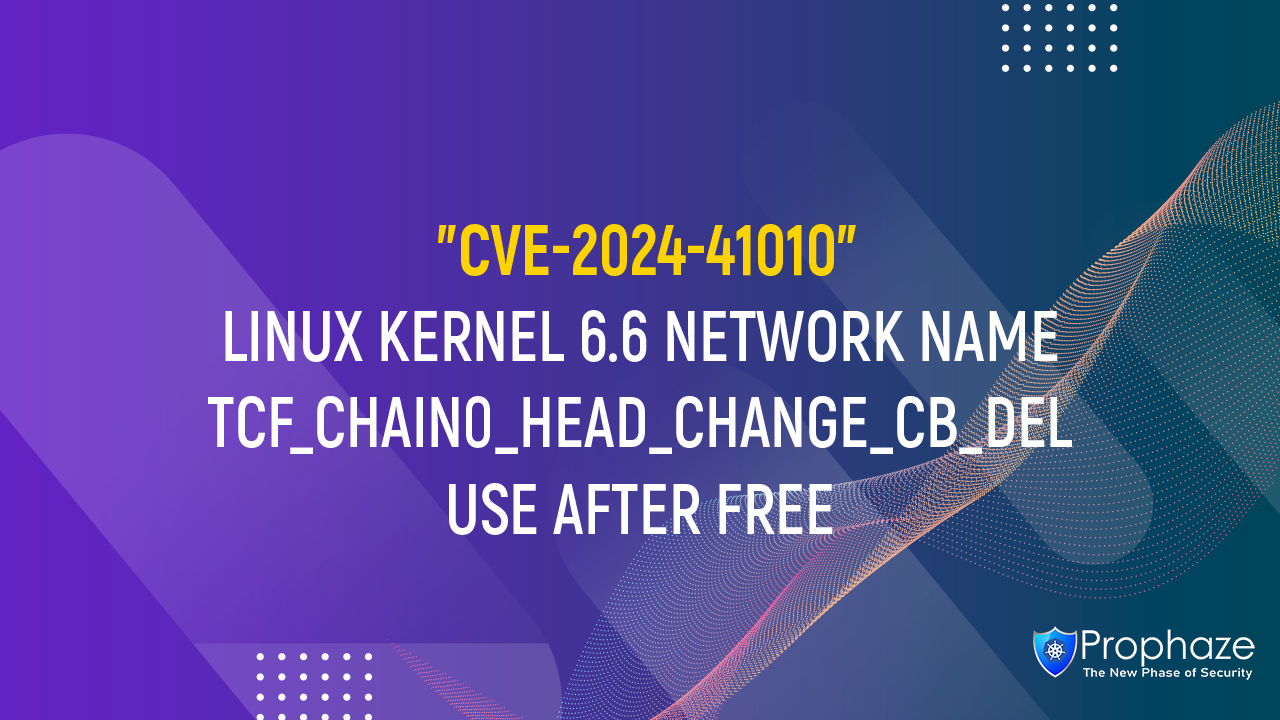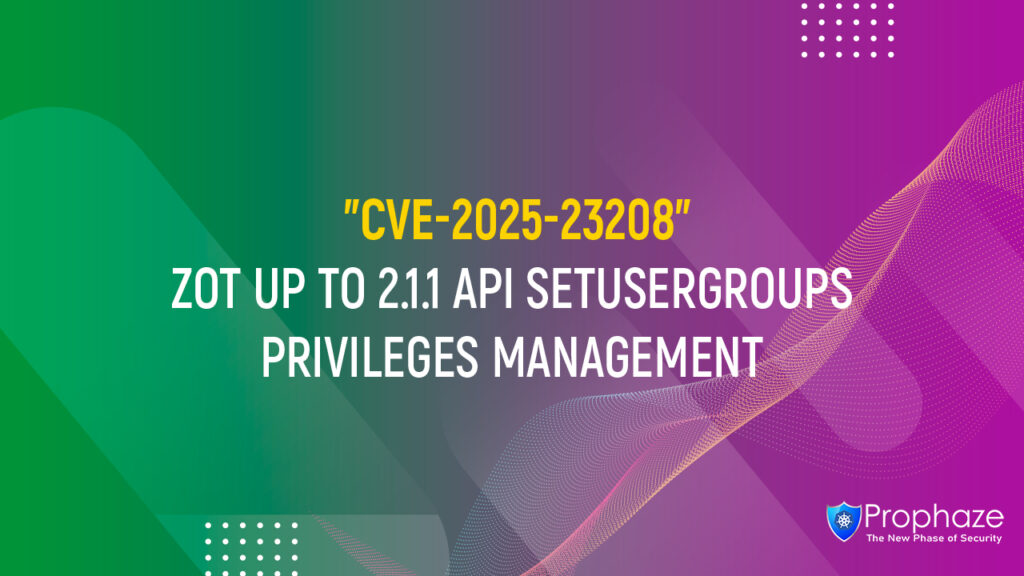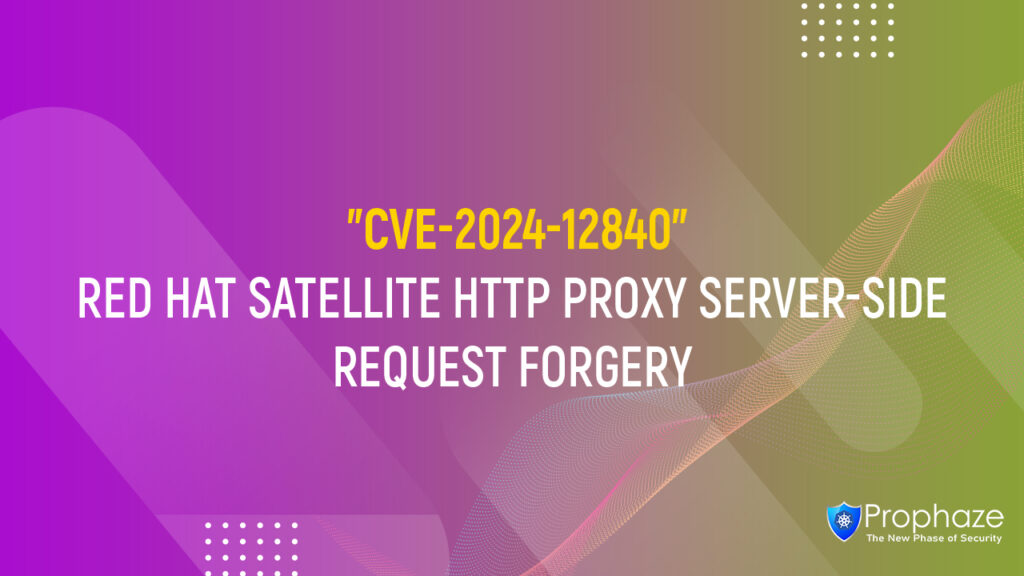Description
In the Linux kernel, the following vulnerability has been resolved: bpf: Fix too early release of tcx_entry Pedro Pinto and later independently also Hyunwoo Kim and Wongi Lee reported an issue that the tcx_entry can be released too early leading to a use after free (UAF) when an active old-style ingress or clsact qdisc with a shared tc block is later replaced by another ingress or clsact instance. Essentially, the sequence to trigger the UAF (one example) can be as follows: 1. A network namespace is created 2. An ingress qdisc is created. This allocates a tcx_entry, and &tcx_entry->miniq is stored in the qdisc’s miniqp->p_miniq. At the same time, a tcf block with index 1 is created. 3. chain0 is attached to the tcf block. chain0 must be connected to the block linked to the ingress qdisc to later reach the function tcf_chain0_head_change_cb_del() which triggers the UAF. 4. Create and graft a clsact qdisc. This causes the ingress qdisc created in step 1 to be removed, thus freeing the previously linked tcx_entry: rtnetlink_rcv_msg() => tc_modify_qdisc() => qdisc_create() => clsact_init() [a] => qdisc_graft() => qdisc_destroy() => __qdisc_destroy() => ingress_destroy() [b] => tcx_entry_free() => kfree_rcu() // tcx_entry freed 5. Finally, the network namespace is closed. This registers the cleanup_net worker, and during the process of releasing the remaining clsact qdisc, it accesses the tcx_entry that was already freed in step 4, causing the UAF to occur: cleanup_net() => ops_exit_list() => default_device_exit_batch() => unregister_netdevice_many() => unregister_netdevice_many_notify() => dev_shutdown() => qdisc_put() => clsact_destroy() [c] => tcf_block_put_ext() => tcf_chain0_head_change_cb_del() => tcf_chain_head_change_item() => clsact_chain_head_change() => mini_qdisc_pair_swap() // UAF There are also other variants, the gist is to add an ingress (or clsact) qdisc with a specific shared block, then to replace that qdisc, waiting for the tcx_entry kfree_rcu() to be executed and subsequently accessing the current active qdisc’s miniq one way or another. The correct fix is to turn the miniq_active boolean into a counter. What can be observed, at step 2 above, the counter transitions from 0->1, at step [a] from 1->2 (in order for the miniq object to remain active during the replacement), then in [b] from 2->1 and finally [c] 1->0 with the eventual release. The reference counter in general ranges from [0,2] and it does not need to be atomic since all access to the counter is protected by the rtnl mutex. With this in place, there is no longer a UAF happening and the tcx_entry is freed at the correct time.
References
https://git.kernel.org/stable/c/230bb13650b0f186f540500fd5f5f7096a822a2a
https://git.kernel.org/stable/c/f61ecf1bd5b562ebfd7d430ccb31619857e80857
https://git.kernel.org/stable/c/1cb6f0bae50441f4b4b32a28315853b279c7404e




